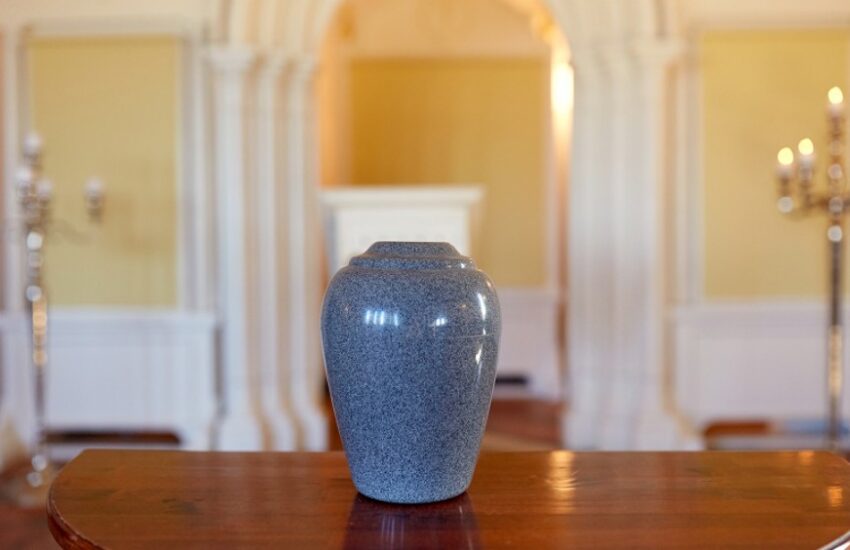Floor sanding is a process that improves the appearance of wooden floors. It involves removing loose material and filling in any cracks or holes in the floor.
The first step of floor sanding is to make sure that the wood is clean and dry. If you don’t do this, the floor will be ruined by the time you are finished sanding it. The second step is to cut off all loose material around any nails or screws that are holding down any furniture. This can be done using a reciprocating saw or chisel and hammer if necessary.
The next step is to remove all dust from your flooring using a vacuum cleaner or broom and dustpan. Only use soft bristle brushes when removing this dust as they will not scratch the floor surface as much as hard bristle brushes would do. Next, use a wet/dry vacuum to remove any remaining moisture from the surface of your floor so that it doesn’t get damaged while being sanded later on during the process.
Get to know some tips for better results of sand flooring!
Floor sanding is one of the most important steps in floor preparation. It removes debris and fills in any cracks or holes in the floor. The key to a good finish is to have a smooth, level surface that looks like it was finished by hand. Floor sanding can make this happen. Here are some tips for getting the best results: Sand in sections. Use a dust mask, eye protection, and ear protection. Use a dust mask, eye protection, and ear protection. Sand on an angle. This will help you avoid hitting corners and edges that you might not get around without sanding them first.
This will help you avoid hitting corners and edges that you might not get around without sanding them first. Keep in mind the type of flooring you’re working with when choosing an angle (for example, hardwood floors will be easier to level than carpet).
Do you know why floor sanding is so important for flooring?
Floor sanding is the final step in a floor refinishing project. It’s also a good time to check the results of any previous sanding, polishing, or other treatment steps you’ve used to prepare the floor for staining or sealing. The goal of floor sanding is to remove as much imperfection as possible from the surface of your wood floor. Floor sanding involves using an industrial-style belt sander with coarse grit paper and an orbital buffer to create a smooth, uniform finish on your wood floor. The key difference between the two terms “floor sanding” and “floor finishing” is that while both refer to the same activity, they have different goals:
When you’re planning on refinishing your wood floors, you want to take advantage of all the benefits that come with professional floor treatment — such as durability and improved appearance — while minimizing any potential drawbacks, such as the increased risk of damage or greater cost. So, when you’re looking at a new product or service for your home improvement project, be sure to ask yourself how well it meets these criteria before making any decisions about which option is best for you.





